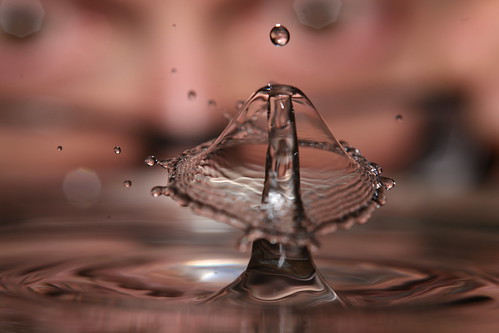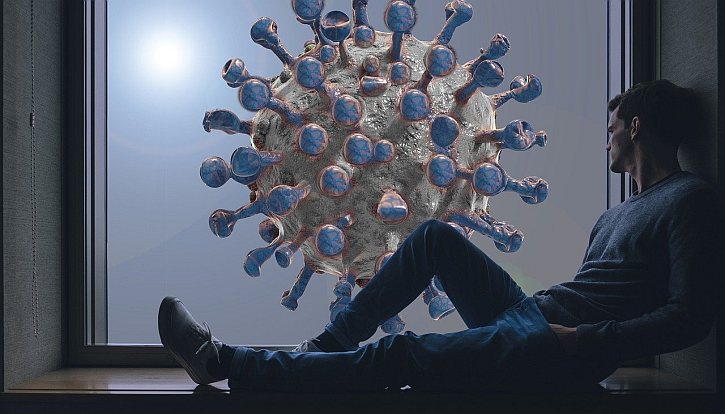It seems that not a week goes by nowadays without a new health or fitness fad coming out. But what about the simple things we can do to keep ourselves healthy? We regularly hear that drinking water is a crucial part of our diet, but how often do we listen to that advice? And how do we know if we really are drinking enough?

Symptoms of dehydration
Dehydration can impact people in different ways, with some people experiencing more severe symptoms than others
Headaches / migraines
The most common side effect of dehydration is a headache or in some cases, more severe migraines. These are particularly common in people who work with computers, as the screens cause increased strains on the eyes. Drinking water once you feel a headache coming on can often act as a quick fix, meaning you don’t always need to resort to taking pain killers. Remember though, prevention is always better, and a headache from dehydration is your body’s way of telling you drink more water.
IBS
Irritable bowel symptom, or IBS, is often the result of longer term dehydration. Drinking water regularly helps keep your body working properly and also helps your digestive system functioning. For those that suffer from IBS, it is advisable to drink water before or after meals, not directly with them.
Weight problems
We all know that water is key in a healthy lifestyle, but do we know the significant impact dehydration can have on our weight and muscle tone? Research shows that it can impact the body’s ability to maintain healthy organ function and digestion, ultimately leading to an increase in weight. Drinking the correct amount of water is much easier than a work-out at the gym, so there is no reason to slack off!
Depression
Whilst you may not automatically associate a psychological illness with something as simple as a lack of water, it is now a commonly accepted hypothesis that the two are inextricably linked. Dehydration can lead to anxiety, anger and a general ‘down’ mood, ultimately causing depression. Keeping yourself hydrated will not lead to a cure for depression, but it is a strong step towards a healthier body and mind.
Even if you do not currently experience any of these symptoms, it is important to remember that drinking water leads to many further benefits. Increased energy and functionality, as well as brighter skin and healthier joints are just a few of the great side effects you will get just from keeping yourself hydrated.
So how much should we drink?
The amount of water that we should drink may depend on our lifestyles or the activities we are participating in that day. Generally speaking, most people should aim to drink around 2.5 litres every day as this is the amount your body needs to function properly.
Whilst you may not regularly feel thirsty, it is still important to keep drinking water throughout the day. Once you have got yourself into this good habit it won’t seem like such a chore!
Experts say that tap water is better for you than bottled water as it is the most natural thing you can drink. The good thing is that even if you don’t like water you can keep yourself hydrated by other means. Alcoholic beverages and caffeine unfortunately do not count towards your daily intake, but recent research shows that decaf tea or coffee can help you prevent dehydration.
So there is no excuse to leave your body dehydrated again – everybody drink up!
This post comes from the fragrance bloggers at Feel Unique they love blogging about beauty, health and well-being!



Leave a Reply